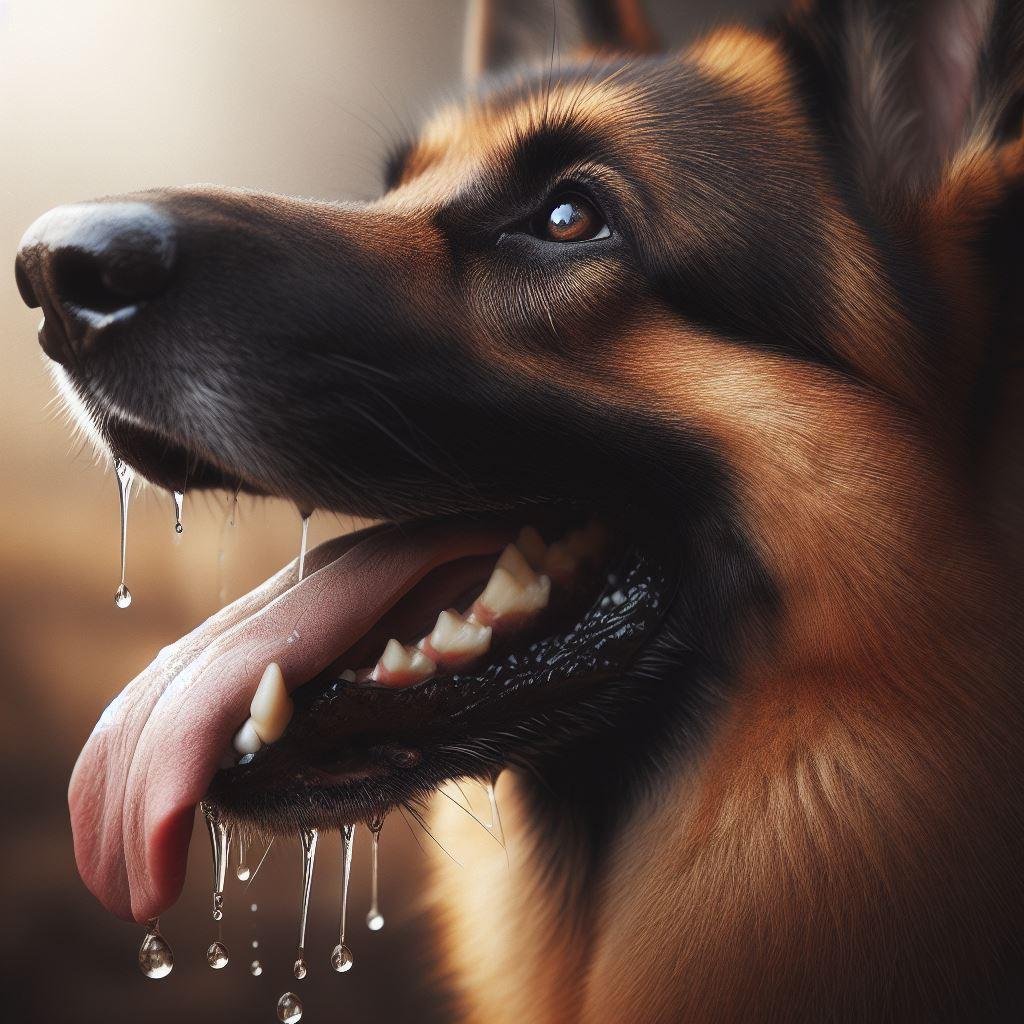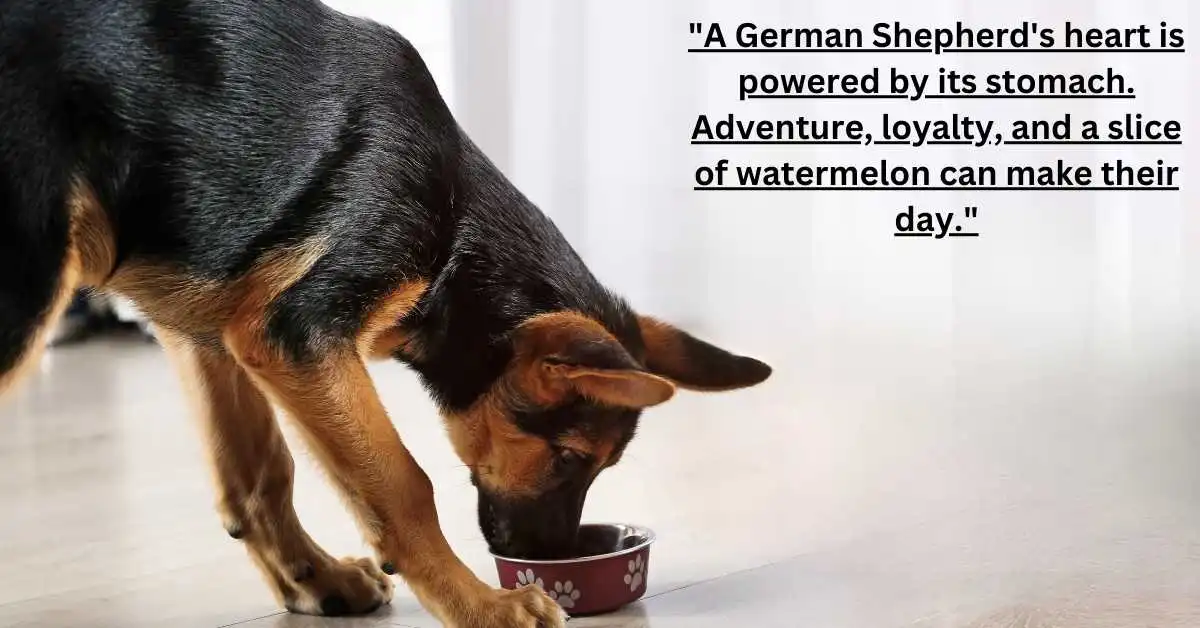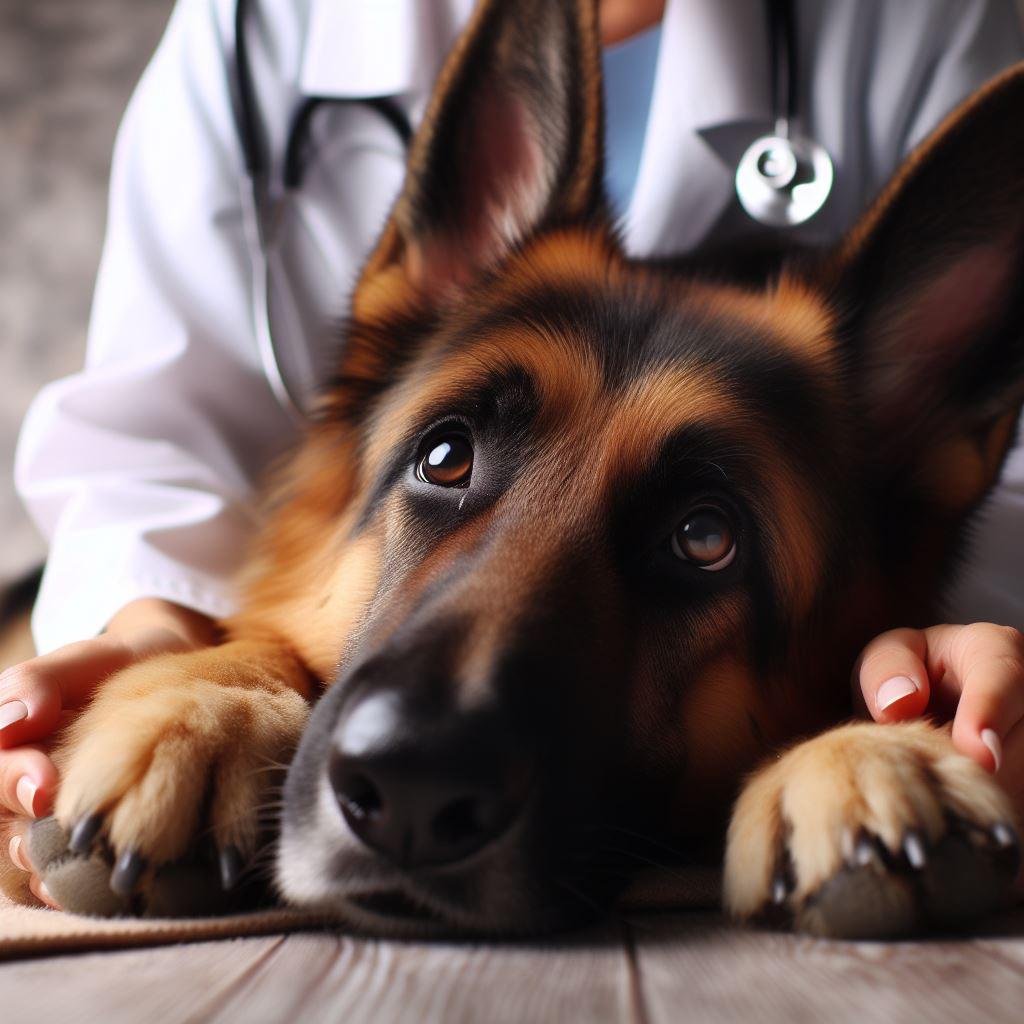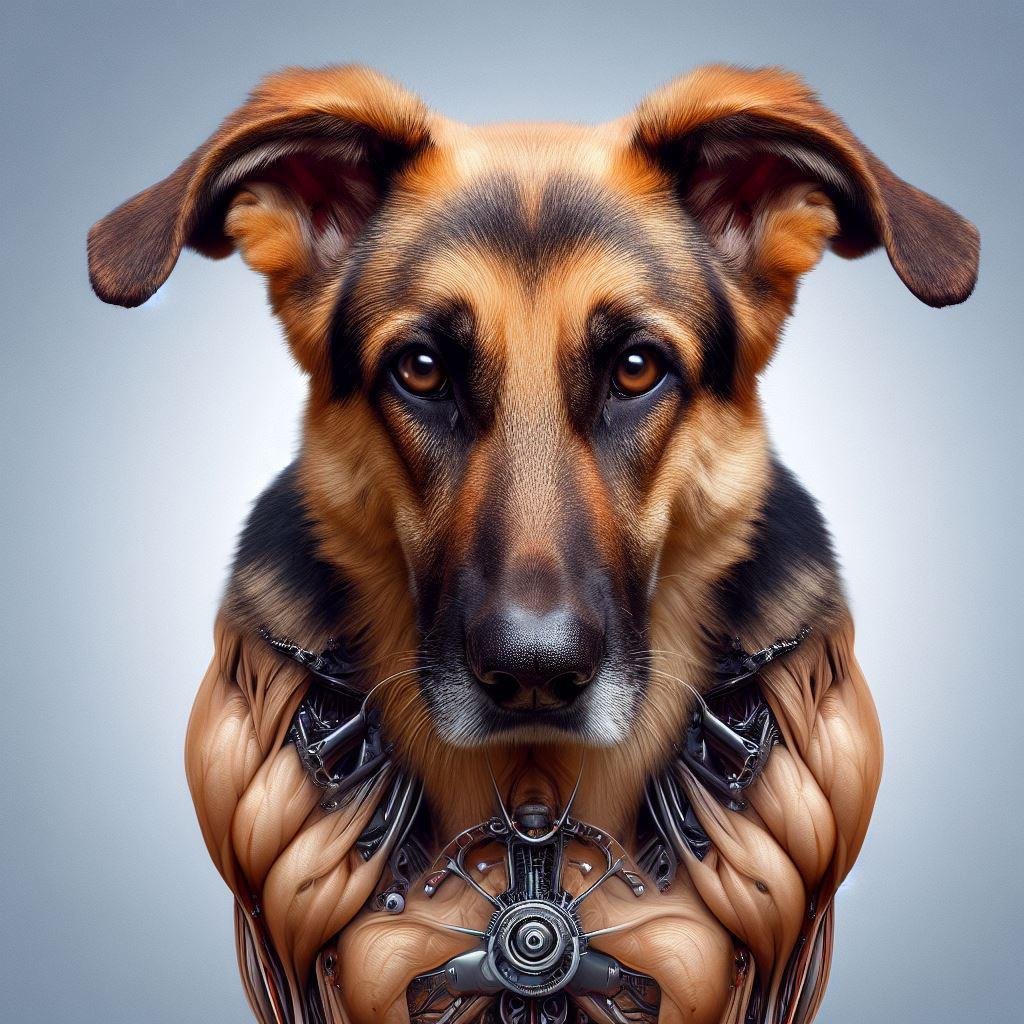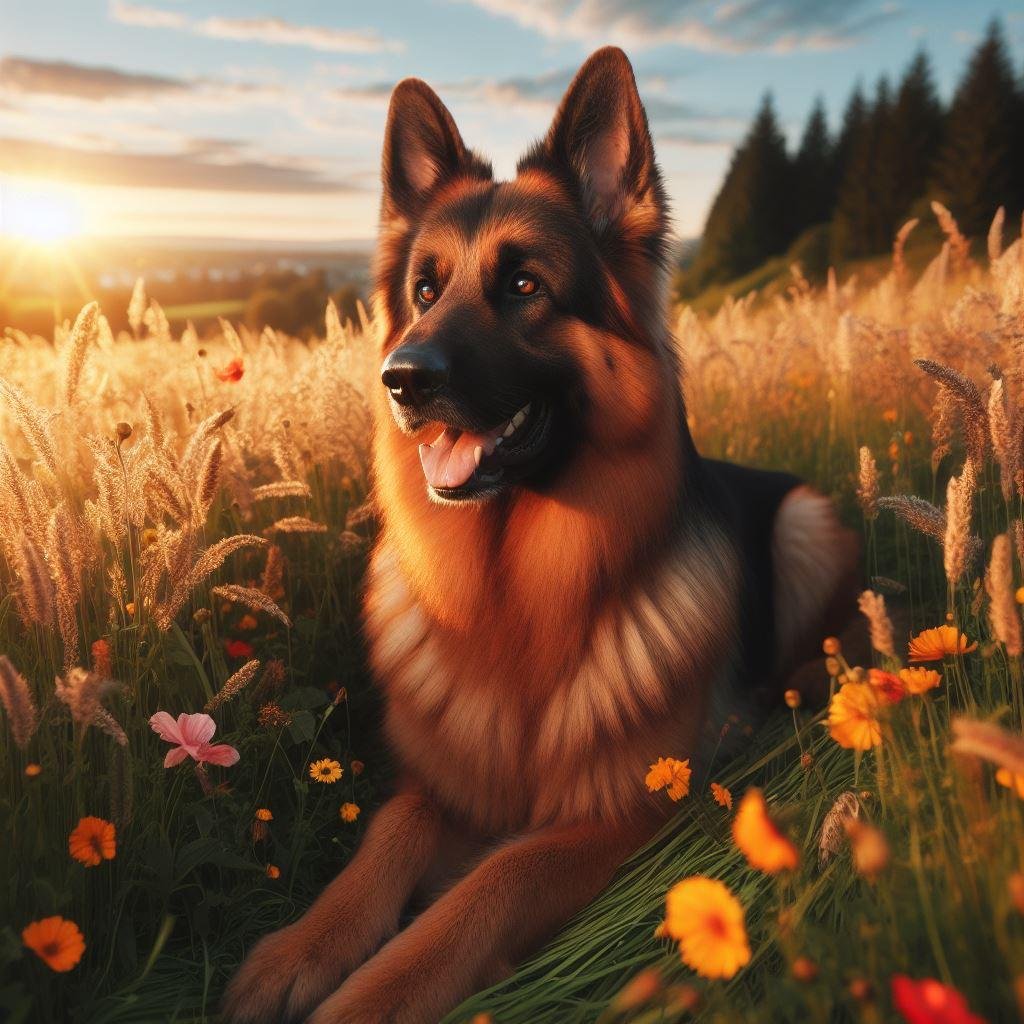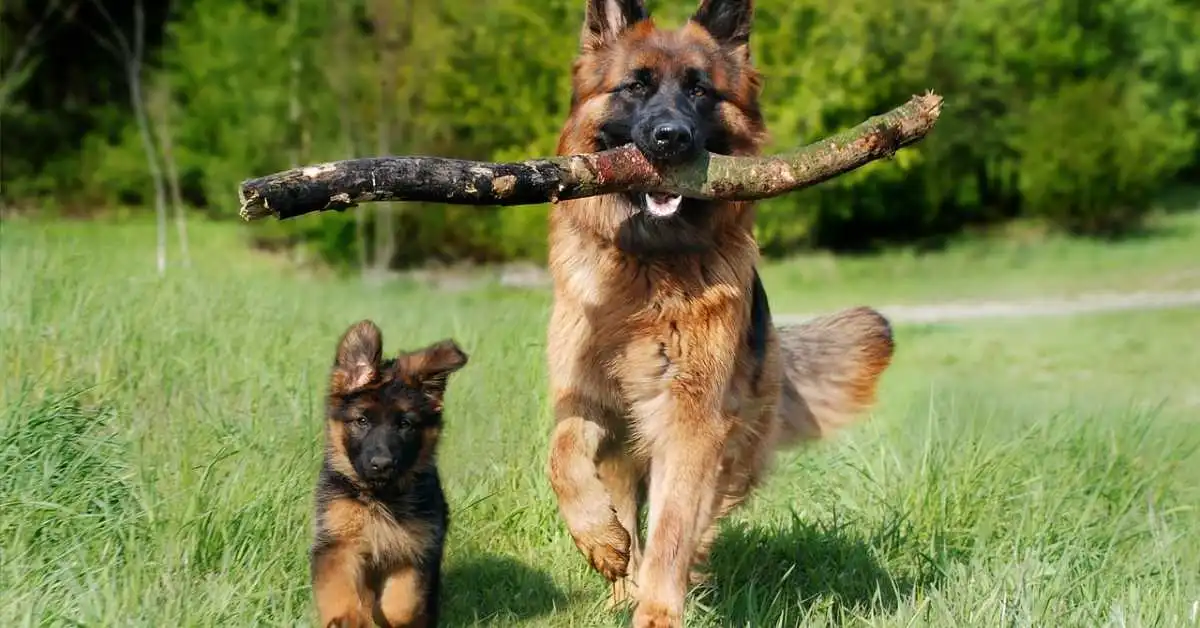Fully Grown German Shepherd Teeth
As a proud owner of a German Shepherd, I’ve come to appreciate every phase of my furry friend’s growth and development. One integral part, undoubtedly, is the transitioning of their teeth, just like human babies. I fondly refer to this stage as when our puppies turn into little “land sharks,” given their widespread inclination towards chewing and gnawing on anything and everything they can find. This is how they cope with what is inevitable. It helps soothe their gums and ease the discomfort brought on by the eruption of new teeth. Getting through this period can be challenging because our puppies experience considerable discomfort. But, a critical question that most German Shepherd owners often ask is – exactly when does this phase start and stop? Based on my experience, the teething process commences when they’re about three months old, typically lasting until they are about six months old. During these months, their baby teeth start falling out and are replaced by fully-grown German Shepherd teeth. The sight of those permanent teeth erupting is a clear signal that my puppy is maturing, and that’s a sight I always look forward to seeing. German Shepherd teething symptoms As a German Shepherd puppy transitions to a fully grown German shepherd with a complete set of teeth, owners can expect to witness several teething symptoms. These young dogs may show increased drooling as their fully grown German Shepherd teeth emerge, leading to a greater need to chew and gnaw on objects. It’s common to see a German Shepherd pup biting or nipping at people or furniture as they experience discomfort from new teeth pushing through their gums. This can also make them more irritable than usual or cause them to refuse solid foods during this sensitive period. Other telltale signs include redness in the gums or even bleeding as the teeth erupt. Owners might also observe their pup pawing at its face or mouth area or detect changes in salivation and swallowing movements indicative of growing teeth. A loss of appetite can also be a common issue as these signs present in your growing companion. Excessive drooling in your furry companion is not uncommon when it comes to the development of fully-grown German Shepherd teeth. While drooling is a natural response to the growth of new teeth, owners need to monitor the extent of it. Besides being a symptom of teething, excessive salivation can sometimes indicate other health issues. Therefore, it’s pivotal to observe whether the drooling subsides as the fully grown German Shepherd teeth set in or if it continues, which would warrant a consultation with a vet. Regular dental check-ups are also essential to ensure that the development of your German Shepherd’s teeth is progressing normally and to maintain overall oral health. The emergence of fully grown German Shepherd teeth inevitably leads to a phase where puppies must chew or gnaw on nearly everything they can find. This is a natural part of the teething process as it helps alleviate the discomfort in their gums. As a responsible owner, redirecting this behavior is crucial to protect your belongings and your pup’s safety. Offer your German Shepherd a variety of appropriate chew toys that are durable and safe for heavy chewers. These toys prevent damage to your furniture and promote the healthy development of fully-grown German Shepherd teeth. Consistent training and positive reinforcement when your dog chews on the proper objects will reinforce good behavior and ease the teething process. As puppies with emerging fully grown German Shepherd teeth navigate their uncomfortable teething phase, biting or nipping at people or things can escalate. This behavior is often a manifestation of their attempt to relieve gum pain. However, with appropriate intervention, this pattern can become manageable. It is essential to teach your German Shepherd biting inhibition and direct them towards suitable chew alternatives. Associating grinding with a negative consequence and rewarding proper behavior with treats or praise can effectively diminish the frequency of these incidents. A well-rounded approach, focusing on positive reinforcement and correct teething outlets, will aid in ensuring those fully grown German Shepherd teeth are associated with a happy, well-behaved adult dog. Teething German Shepherds might sometimes refuse to eat solid foods due to the discomfort they experience in their gums and teeth. This is temporary but can be concerning for owners. Providing soft foods or soaking kibble in water to soften it can help during this period. Monitoring the pup’s intake is essential to ensure they get the nutrients. Suppose a pup completely refuses to eat, or this phase extends beyond what seems typical for the teething process. In that case, it’s best to consult a veterinarian to rule out any underlying issues contributing to food refusal. A German Shepherd puppy’s discomfort and pain while teething can often lead to increased irritability. Owners may notice their typically playful and sociable pup becoming more withdrawn or snappy. Handling your teething German Shepherd with extra care during this time is crucial to avoid unintentional nipping in response to sudden or unexpected contact that may heighten their discomfort. Providing a calm environment and gentle, reassuring interactions can help ease their irritability. Additionally, engaging them in light play that doesn’t involve too much biting or contact may keep them stimulated while not exacerbating any mouth pain. An observable symptom in teething German Shepherds is the redness and swelling around their ‘toothy grin’ area. This inflammation directly results from new teeth erupting and can make the gums appear noticeably more red or swollen than usual. To soothe your pup’s tender gums, you may offer them cold chew toys or frozen treats, which can help reduce inflammation and provide relief. However, persistent or severe redness should not be ignored, as this could signify a more serious condition requiring veterinary attention. Regularly checking your German Shepherd’s mouth during the teething period can aid in spotting these signs early and addressing any dental concerns promptly. Observing a German Shepherd puppy pawing at their face and mouth can further … Read more
